A Journey of Community Empowerment Across Five States in Nigeria
Breakthrough ACTION’s innovative community capacity strengthening approach empowered 659 Ward Development Committees (WDCs) across five Nigerian states to take ownership and lead decision making in health and development programs. Through the strategic use of the Community Health Action Resource Plan, the WDCs received support to organize, manage, and implement activities tailored to their local communities.
By supporting WDCs in planning, funding, and implementing health initiatives, Breakthrough ACTION-Nigeria fostered a dynamic, community-led approach that is both adaptable and sustainable. The WDCs employed a diverse package of interventions to meet the needs of their communities. The success of this approach in the Federal Capital Territory (FCT) and Bauchi, Ebonyi, Kebbi, and Sokoto States underscores the critical importance of adapting national strategies for state-level implementation, which is essential for fostering local ownership and ensuring long-term sustainability.
Increasing Basic Health Care Provision Fund Enrollment
In Nigeria’s FCT, the Basic Health Care Provision Fund (BHCPF) has been pivotal in increasing access to primary health care services, particularly for those experiencing poverty. The WDCs played a crucial role linking communities with health facilities, encouraging enrollment in the BHCPF, and ensuring access to subsidized or free treatments.
Breakthrough ACTION-Nigeria collaborated with six Area Councils, the FCT Primary Health Care Board, and the FCT Health Insurance Scheme to train WDCs on their roles and responsibilities related to the BHCPF. The WDCs then conducted activities such as community sensitization and facility inspections and monitored drug and consumable supplies. Through these efforts, the number of community members registered for the BHCFP. increased.
Tracking Pregnant Women
In Bauchi State, WDCs collaborated with the State Primary Health Care Development Agency and other community structures to reduce maternal mortality and morbidity. The WDCs adapted the process of recording and tracking newborns and pregnant women for routine immunization or antenatal care (ANC) to ensure pregnant women had facility-based deliveries.
WDC members tracked and supported women throughout their pregnancy. The tracking process allowed WDCs to encourage timely ANC visits and facility deliveries and provide transportation when necessary. This initiative significantly increased the utilization of maternal health services, improving birth outcomes and reducing maternal and child mortality.
Using Community Information Boards
In Ebonyi State, using community information boards was instrumental in driving evidence-based community interventions. WDCs used the boards to collect vital social and development data to monitor community well-being and facilitate collective decision making.
During quarterly meetings, stakeholders, including community leaders, health workers, and local government representatives, reviewed progress and identified priorities for communal action. These meetings fostered accountability and ensured that community interventions were informed by accurate and timely data. The community information boards enhanced community engagement, improved health outcomes, and strengthened the relationship between community members and health facilities.
Public Recognition and Peer Learning
In Kebbi State, quarterly review meetings provided a forum for WDCs to share their accomplishments, discuss challenges, and learn from each other. These meetings served as a platform for peer-to-peer learning, inspiration, and joint capacity building, with government staff publicly recognizing high-performing WDCs.
This recognition motivated WDCs, fostering healthy competition and encouraging continuous improvement. The meetings also raised awareness of the community capacity strengthening approach and its contributions to positive health outcomes among government entities.
Life-Saving Community Emergency Transportation System
In Sokoto State, the revitalization of the Community Emergency Transportation System addressed transportation-related barriers to health care access. By collaborating with local transportation unions, WDCs ensured community members, especially those in hard-to-reach areas, had reliable access to health services.
This initiative transported over 11,000 pregnant women to health facilities for ANC and deliveries with skilled birth attendants. The success of the emergency transportation system highlights the importance of addressing logistical challenges to improve health outcomes. Involving local transportation groups created a sustainable, complementary, and efficient solution that benefited the entire community.
In total, the WDCs supported communities in 44 Local Government Areas and 299 wards. Throughout the five states, WDCs raised over $146,459 and transported 39,072 women to facilities for ANC and attended deliveries and 16,279 children under five for treatment of childhood illnesses. These efforts highlight the importance of empowering communities to take ownership of their health and well-being, ensuring lasting impact and resilience. Learn more about Breakthrough ACTION-Nigeria’s community capacity strengthening community capacity strengthening approach and resources.
Written by: Yusuf Ibrahim, Community Capacity Officer, Sokoto State; Olasumbo Babaferi, Community Capacity Officer, Federal Capital Territory; Suleiman Magani, Community Capacity Officer, Kebbi State; Aliyu Dan Asabe, Community Capacity Officer, Bauchi State; Ijeoma Chiemela, Community Capacity Officer, Ebonyi State; Amina Bala, Community Capacity Team Lead, Breakthrough ACTION-Nigeria; Gloria Adoyi, Senior Maternal, Newborn, and Child Health Advisor, Breakthrough ACTION-Nigeria; Usman Usman Sabo, Capacity and Sustainability Advisor, Breakthrough ACTION-Nigeria; and Valentine Edoziem, Documentation and Knowledge Management Officer, Breakthrough ACTION-Nigeria

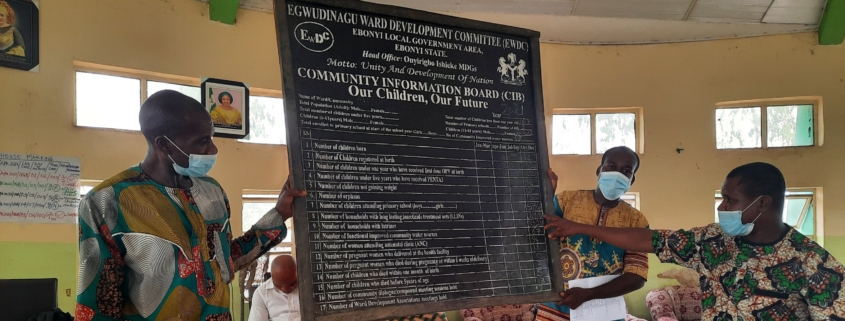
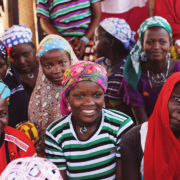 Cambey Mikush/Photoshare
Cambey Mikush/Photoshare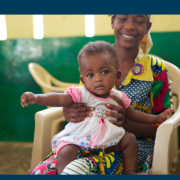 Sara Holbak/VectorWorks/Photoshare
Sara Holbak/VectorWorks/Photoshare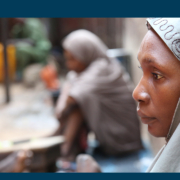
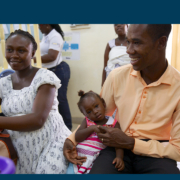 Sarah Hoibak/VectorWorks/Photoshare
Sarah Hoibak/VectorWorks/Photoshare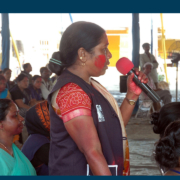 Gopal Bhattacharjee/Photoshare
Gopal Bhattacharjee/Photoshare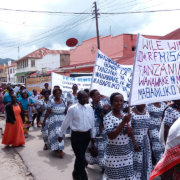 Rebekah Munnikhuysen/US Peace Corps/Photoshare
Rebekah Munnikhuysen/US Peace Corps/Photoshare